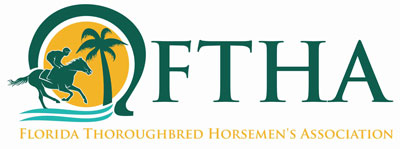A new bipartisan bill in Congress aims to crack down on deception in the online hotel booking process. The legislation would make it unlawful for third-party sites to suggest they are the owners or operators of hotel properties.
The “Stop Online Booking Scams Act of 2019” was co-sponsored by House members Gus Bilirakis and Lois Frankel, Vermont’s Peter Welch, as well as Sens. Amy Klobuchar of Minnesota and Steve Daines of Montana.
Violations could be charged as unfair/deceptive acts by the Federal Trade Commission, or as civil acts by states’ attorneys general. A similar effort stalled out in Congress in 2018.
Bilirakis’ office says hotels along the Pinellas coast — especially smaller, independently-owned franchises — are having the most trouble with rogue third-party sites.
“This issue was first brought to my attention by a local hotel franchise owner in Dunedin,” Bilirakis said in a statement. “She showed me frustrated letters from customers who had unknowingly booked a room at her hotel through a fraudulent third party. Upon arrival, the customers were frustrated to learn that the hotel was fully booked and could not accommodate their travel request.”
“Florida is a top tourism destination, and families booking a dream vacation here shouldn’t worry that an online scam will turn it into a nightmare,” Frankel said. “Our bill cracks down on booking fraud, so folks aren’t ripped off by bad actors.”
The bill specifically prohibits online hotel reservation sellers to “advertise, market, or promote the sale of a hotel room reservation … if the third party online hotel reservation seller states or implies that it is, or is affiliated with, the person who owns the hotel or provides the hotel services or accommodations.” It would also mandate new disclosures for booking sites not affiliated with the hotels.
“According to recent research, consumers overwhelmingly (94 percent) want to know who they are doing business with when booking a hotel room online,” Chip Rogers, president and CEO of the American Hotel & Lodging Association said in a statement. “Unfortunately, every day, deceptive websites, online ads and search engines mislead thousands of consumers into believing they are booking directly through a hotel’s website or their call center, when in fact they have no relationship.”
A 2017 CNBC report found hotel booking scams cost consumers $4 billion a year.
The post Congress goes after online hotel booking scams appeared first on Florida Politics – Campaigns & Elections. Lobbying & Government..



